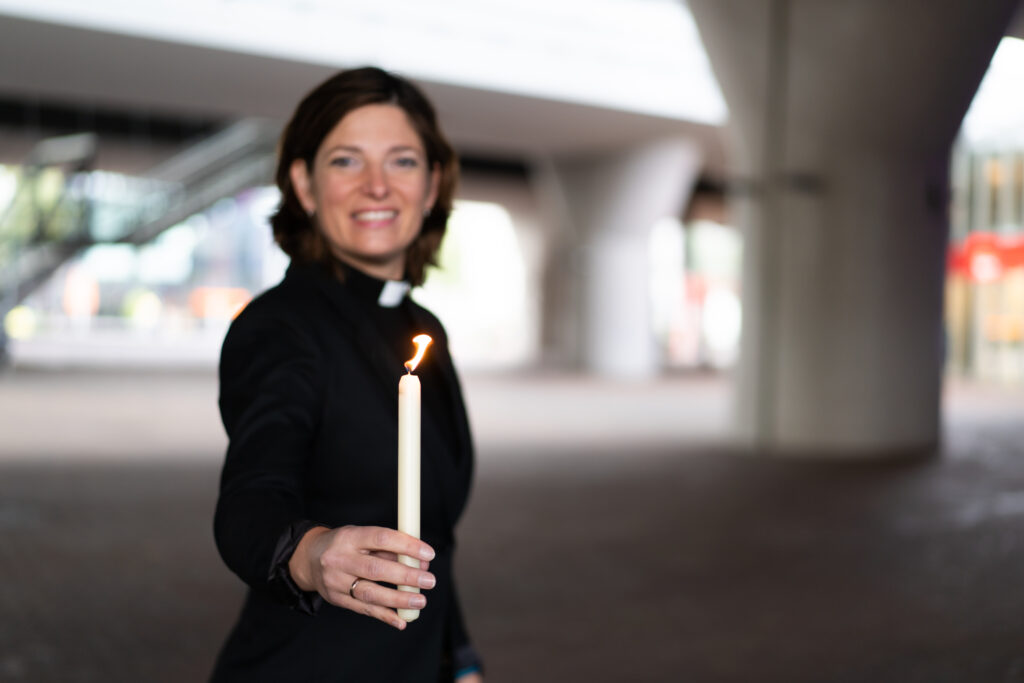
As a Minister I owe a great deal to the life and spirituality of intentional Christian communities and their predecessors, the monastic and religious orders. Their often critical relation to the institutional churches and their lived spirituality of hospitality inspire my ministry throughout the church in the world.
Over the past years the Benedictine adagium of hospitality towards the stranger – wherein we meet (the image of) Christ himself – has become the center of my ministerial occupation and theological reflection. Articulated by my theological education – with a focus on ethics, genderstudies, missiology and practical theology – this contributed to my ministerial focus on the establishment of forms of church which meet the spiritual needs of people today and present societal and social challenges.
Although I find it quite challenging to be a minister in the contemporary situation of the church – characterised by the decline of membership, a decrease of financial resources and the inevitable aging of the population – again and again I am touched by the richness and the resilience of the Christian tradition and spirituality. In my pastoral and diaconal work, my liturgical and homiletical activities, as well as in my contribution to church policy and decision-making life stories of people are the most inspiring. Vulnerable and fallible people who find meaning in biblical stories and experience the healing power of grace, beyond our ratio and reasoning communicated by and transferred through human interaction.
In coaching, supervising and advising individuals, teams and churches I have a predilection for co-creation. My communication style is both relational and content driven; basic trust and acceptance, as well as perceptiveness and focus are key values in the interaction with the people I meet and work with. Although I have a sweet spot for detail and perfection, my sense of humor absolutely helps to put things in perspective.